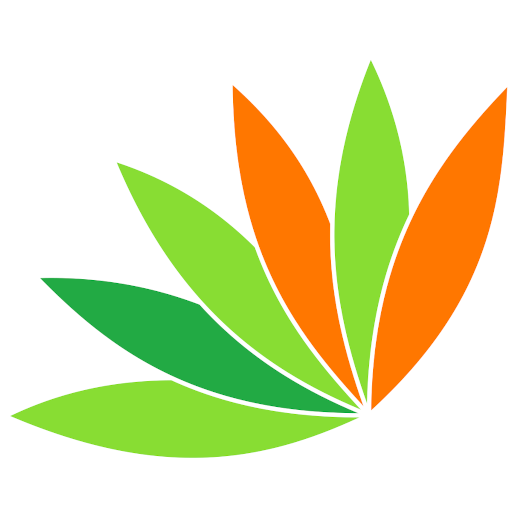
Science and STEAM
Our students develop a strong appreciation of key science concepts and techniques.
We use a range of hands-on science and STEAM activities to help our students develop a strong appreciation of the key science concepts and techniques, and apply them at school and home.
Our science program is carefully aligned with the Victorian curriculum to ensure that our students receive a solid grounding in science.
Science curriculum
Science provides students with an understanding of important science concepts and processes, ways to develop scientific knowledge, and an appreciation of the contribution and application of science to our society and lives. The science curriculum begins with the basics of science and then builds on that understanding in accordance with each student’s growth and abilities.
-
Students develop an understanding of how people use science to make decisions and influence actions, and its contribution to our society. They observe and describe changes to things around them, including changes in state, and explore the behaviour and uses of materials and their properties, such as light, sound, heat and electricity. They identify and describe features of living things, including their survival mechanisms and life cycles. Children also understand the Earth and its place in the solar system and explore the effect of the environment on us and our effect on it.
-
When studying science, children ask and respond to questions and learn to follow scientific processes. They explore the world using their senses and scientific equipment, make predictions about the outcomes of their investigations and compare these with the results. Students make observations, collect data, explain results and suggest ways to improve experiments, and then communicate their findings to others.
General capabilities
Learning about science also helps to develop a range of general abilities in students:
Read and understand scientific methods and research
Record observations in numerical form and analyse data
Use technology to research subjects and perform experiments
Evaluate scientific research and explain findings
Communicate observations and results to others
Experience the world from new perspectives
Science at Village School
At Village School, we teach the science curriculum using the STEAM philosophy. This means that our science activities incorporate:
Science
Technology
Engineering
Arts
Maths
We also find ways to include the key concepts and skills of science in our everyday classroom experiences, to teach children how to learn on topics that interest them. Our flexible approach to learning also allows us to choose relevant and meaningful topics for exploring science, whether that’s current world events or the latest nature discovery on our bush school campus. And we adapt specific activities to suit the abilities and passions of each child, to keep them motivated and excited about learning.
We supplement our science curriculum with several resources, including online content, our natural wetlands area and various equipment from the Recycled Centre which can be used for experiments, building models etc. We also use equipment like Lego Robotics and other coding packages for primary-aged children.
Examples of science activities
Our students develop an appreciation for science and its importance in our world through a variety of projects and learning tasks. Here’s a few examples:
-
Students used Harry Potter as a theme to explore different ‘potions’ which were the usual slime, erupting lava, making solutions and suspensions.
-
Students use cooking as a way of understanding the properties of different substances e.g. the effect of heat as it turns sugar into toffee.
-
Science was integrated with art to make a model of the moon’s surface and then design landing modules that could be dropped from a metre high above the surface and not damage the people (two marshmallows). In other words, they were learning to design shock absorbers.




